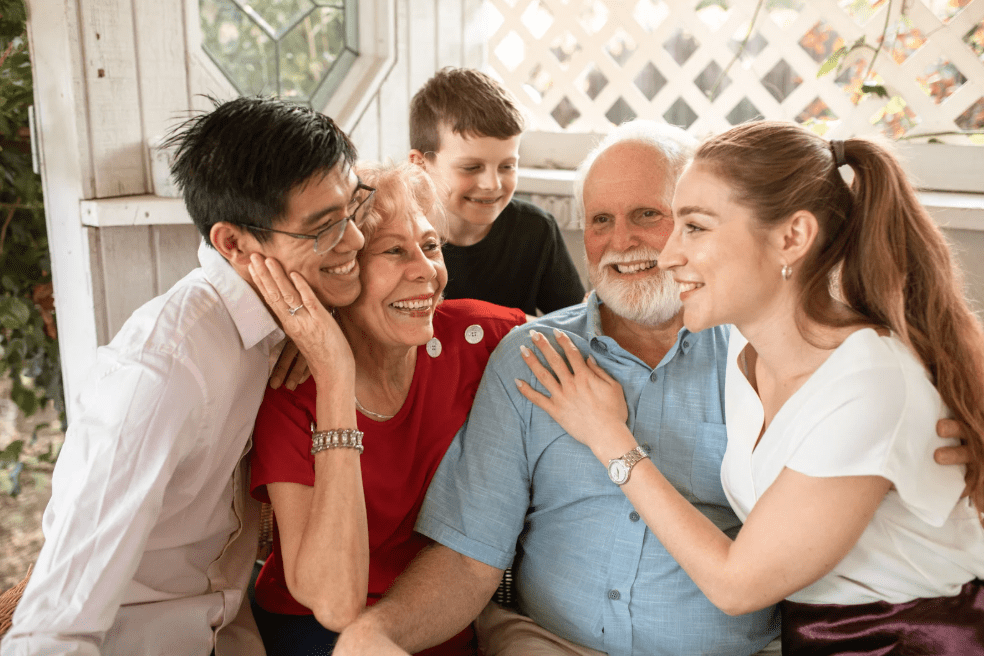How the VA Evaluates Physical Injuries
A veteran may qualify for VA disability benefits based on either a physical injury sustained during military service or a medical condition that started during service or was caused or aggravated by an in-service event or exposure. In theory, physical injuries should be simpler–the connection to military service is usually clear. However, the process for assigning a VA disability rating for a physical injury is complex and often extremely technical.
Getting the right disability rating matters, because your rating determines the type and amount of VA disability benefits you receive. At Veterans Help Group, our advocates have deep knowledge of the intricate requirements for establishing VA disability ratings for different physical injuries. We can help guide you through the process, ensuring that you have the medical documentation and other evidence the VA will be looking for when you submit your claim. If you’ve already been denied and need to appeal, we can help with that, too.
VA Disability Ratings for Physical Injuries
Each type of injury is assessed under a different schedule, and some types of physical injuries may also qualify the veteran for special monthly compensation. Here are some of the most common types of physical injuries veterans receive disability benefits for, along with examples of how the ratings schedules work.
Common Physical Injuries for Veterans
- Knee injuries are among the most common physical injuries veterans receive VA disability benefits for, with limited flexion of the knee consistently appearing in the VA’s list of 10 most common conditions
- Back and spinal injuries are also common, with lumbosacral and cervical strain also making regular appearances on the “most common” list
- Scars and burns are also frequently included among the most common conditions veterans receive benefits for
Other physical injuries that aren’t among the most common but still regularly included in VA disability claims include traumatic brain injury (TBI) and amputations and physical damage to internal organs.
How VA Disability Ratings Work
It would be impossible to cover the ratings system for all of the physical injuries listed above in a single page, let alone all possible service-connected physical injuries. Here’s an example to illustrate the complexity of the assessment.
Amputation of an upper extremity has its own ratings schedule. Under that schedule, the dominant arm and non-dominant arm are treated differently. And, the rating varies depending on the point of amputation. So, there are three different ratings possible for complete amputation of one upper extremity (arm).
- 100% for complete removal of either humerus along with any portion of the scapula, clavicle, or ribs
- 90% for complete removal of the humerus only on either side, or removal above insertion of deltoid on the dominant side
- 80% for amputation above insertion of the deltoid on the non-dominant side or amputation below insertion of the deltoid on the dominant side
Note that this already complex system applies only to complete removal. There’s a whole separate set of criteria and ratings for amputation of the forearm, and yet another for portions of the hand/fingers. In addition, veterans with multiple losses of extremities may qualify for special monthly compensation in one of several different categories.
You Don’t Have to Figure It Out Alone
If this process looks a little overwhelming, don’t worry. At Veterans Help Group, we are dedicated to helping disabled veterans and their families receive the benefits they deserve. Our advocates have long experience deciphering schedules, determining when a veteran may qualify for special monthly compensation or other enhanced benefits, and determining what type of medical and non-medical evidence is required to submit the strongest possible claim or appeal.
Call us right now at 855-855-8992 or fill out our contact form to learn more.
Learn More
LATEST NEWS
Community Care Changes: What Veterans Need to Know in 2025
Community Care Changes: What Veterans Need to Know in 2025 Written by...
Understanding Dependent Pay and CHAMPVA Benefits
Understanding Dependent Pay and CHAMPVA Benefits Written by Adam Zider,...
Maximizing Dependency and Indemnity Compensation (DIC) Benefits
Maximizing Dependency and Indemnity Compensation (DIC) Benefits Written...
FREE CASE EVALUATION
"*" indicates required fields










